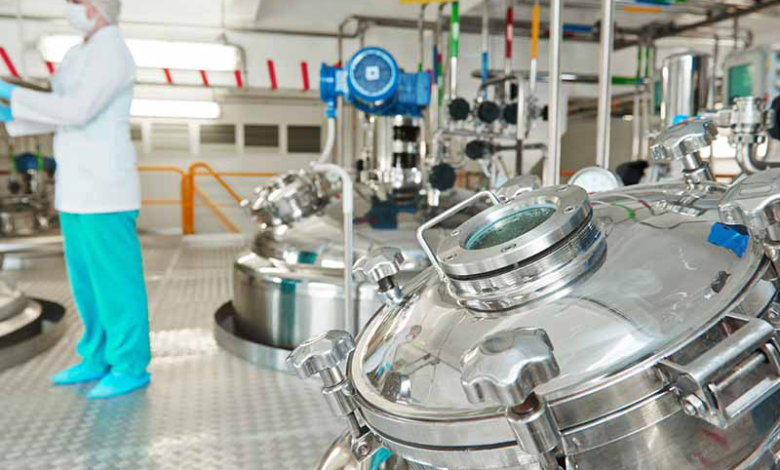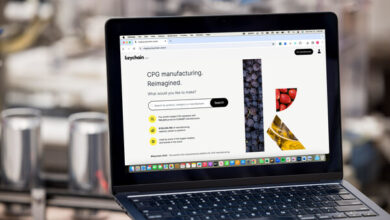How Advanced Pharmaceutical Machinery Meets Global Regulatory Standards

Conformity to the international standard is paramount in the pharmaceutical business to guard the safety and efficacy of medical products produced. Sophisticated equipment in the production of pharmaceutical products enable such high standards to be achieved, which are instrumental in positioning the manufacturer of pharma equipment in the global market. This article focuses on how state of the art machinery especially in the case of capsule filling complies to and facilitates compliance with international regulation to satisfy legal requirements and market needs.
Global Regulatory Landscape
This knowledge is the basic prerequisite for a manufacturer of pharmaceutical equipment, who wants to enter the world market. Every state has its standard guidance like FDA in America, EMA in Europe and Japan PMDA. These regulatory bodies have laid down very rigorous standards on the manner in which the pharmaceutical manufacturing machinery can be designed, manufactured and put into operation.
Due to these varied regulations, it becomes important for manufacturers to cope up with the standard of quality and legal compliance. This is in line with sophisticated prescription medicinal equipment for instance, automatic capsule filling machines, which require GMP in their construction. Adherence to these international standards also helps in obtaining market access but also fosters credibility with the client base and legal authorities.
Role of Automation in Compliance
One of the main factors that are responsible for guaranteeing that the machinery being used for the production of pharmaceutical products conforms to set regulations is automation. Atomization means the enhancement of quality and industry performance since it cuts out the chances of human mistakes and also the inconsistency of quality that may be brought about by the human element in production. For example, a manufacturer of capsule filling machines has to incorporate the application of advanced automation solutions to ensure the accuracy and the repetitiveness of the filling operations.
It also sustains data integrity, which is crucial in compliance with the FDA and other regulatory measures in the market today. Contemporary equipment is embedded with software to capture the history of the product’s production so as to facilitate easy audit whenever the regulatory authorities are conducting their inspections. This makes it possible for a manufacturer to show that his products are fit for the international markets and this minimizes cases of recalls or even shut down of production lines.
Quality Control and Validation
Quality control and validation remain two of the essential components of the pharmaceutical industry and the general regulation of manufacturing. Modern equipment used in the manufacture of drugs has features of monitoring production within the manufacturing process. These systems are important in making sure that each and every product gets to market containing the necessary qualities needed.
To pharmaceutical equipment manufacturers, timely validation of their machines according to the standards set by the international regulatory system is very important. Validation processes are highly demanding checking systems that are employed to ascertain whether the equipment delivers products with the characteristics that are mandatory. For instance, capsule filling machines require fierce validation in order to regain the evidence that this machine can fill capsules with desired dosage each time. To this end, manufacturers can employ the services of high end quality control and validation mechanisms to cover for their machinery and equip them to meet relevant global requirements.
Documentation and Traceability
Documentation and traceability is another important element of regulatory compliance in regard to a pharmaceutical company. Legal bodies want to keep tracking records of the production process right from the point at which the inputs were developed to the last processed product. This is made possible by advanced pharmaceutical machinery that actualizes the documentation process so that none of the steps is missed.
Documentation to this level is useful for traceability purposes especially when there is a need to recall a product or investigate an issue. Pharmaceutical equipment manufacturers must assure that the produced machinery will generate comprehensive records which can be easily retrieved and analyzed. For instance, capsule filling machine makers must be in a position to guarantee that their machine gives a record of every batch that is produced with other complications that the process may encounter. This not only affirms the regulations, but also increases transparency and accountability in the creation process.
Innovation and Future Trends
Pharmaceutical machinery innovation can no longer be seen in simply increasing efficiency and productivity of a manufacturing line but must also address new modern regulations in an industry. Lack of knowledge and experience and new regulations put before the company for compliance, make R&D the key to the strategic growth of pharmaceutical equipment manufacturers.
Pharmaceutical machinery’s next generation is, therefore, smart manufacturing where the equipment will embrace the IoT, AI and ML technologies. These innovations will create a platform for manufacturing firms to closely supervise the production procedures and thus meet higher levels of international standards.
For example, using artificial intelligence can detect a potential problem that has not yet occurred, so a manufacturer can avoid a failure to conform. Also, through IoT the machinery in industries can be made smart and can send data of its performance in real time which can be corrected immediately. Manufacturers of capsule filling machines are already seeking out these technologies to add them to their machines in order to keep up with the demand of compliance.
When doing business in a highly regulated industry such as the manufacture of pharmaceutical products, then the organization has no option than to conform to these international standards. Pharmaceutical equipment that is sophisticated is required to meet these standards and include the aspects of enforcement of regulations on the machinery, quality control, documentation, and innovation. The firms in the global pharmaceutical equipment industry, especially the capsule filling machine manufacturer, have to spend more on technology to meet these regulatory requirements and to compete effectively in the global market.
When it comes to embracing the advancement in technology, being compliant with the current regulatory authorities, focusing on quality assurance, Document control, and being Innovative in the market, manufactures can ensure that their pharmaceutical machineries eye the compliance of the global regulatory standards. Apart from protecting the quality of the pharmaceutical products, it also puts the manufacturers in a better place where they are seen as players in enhancing the global health care system.



